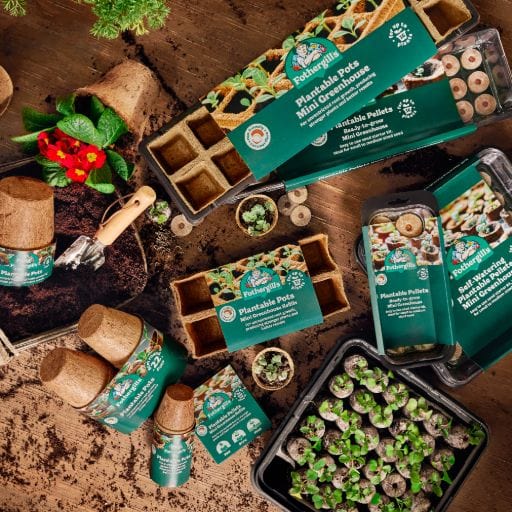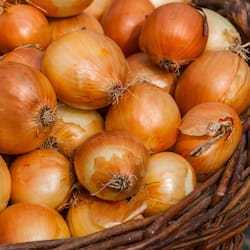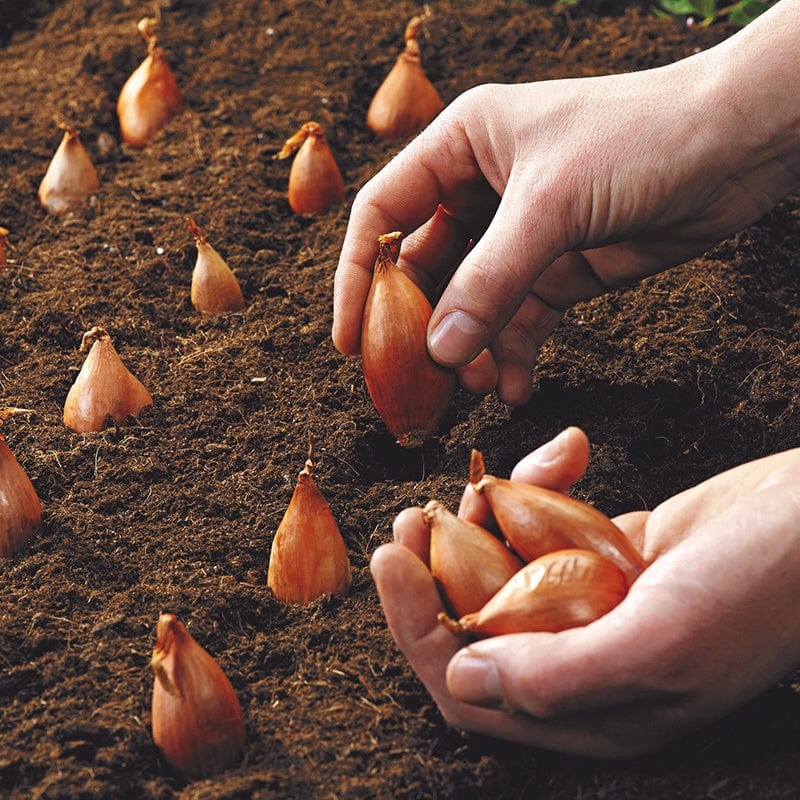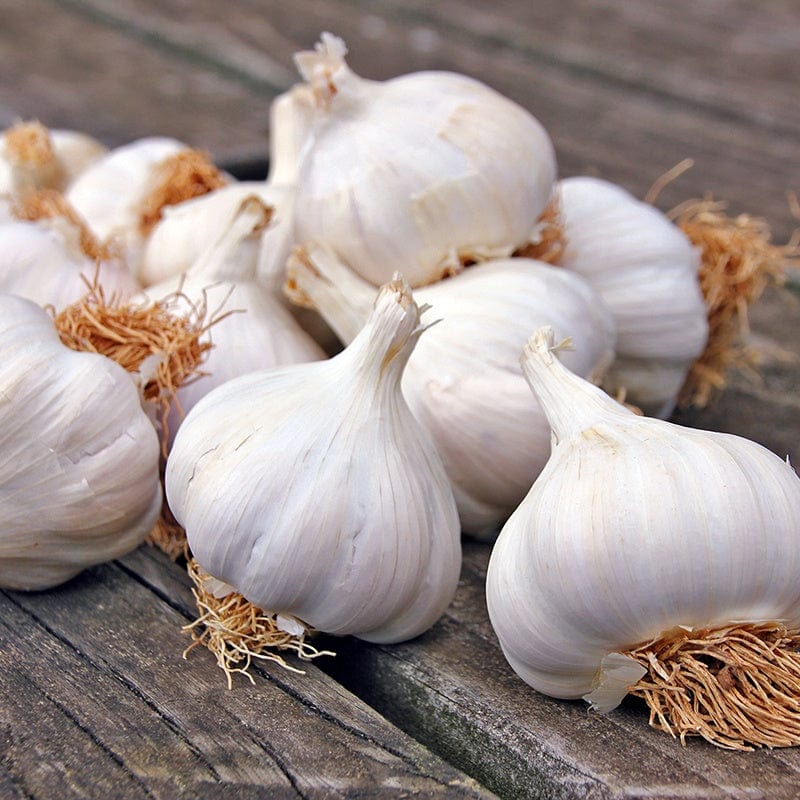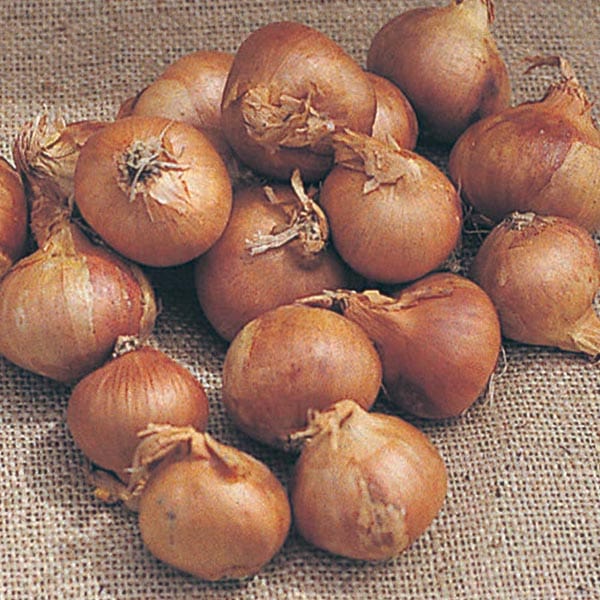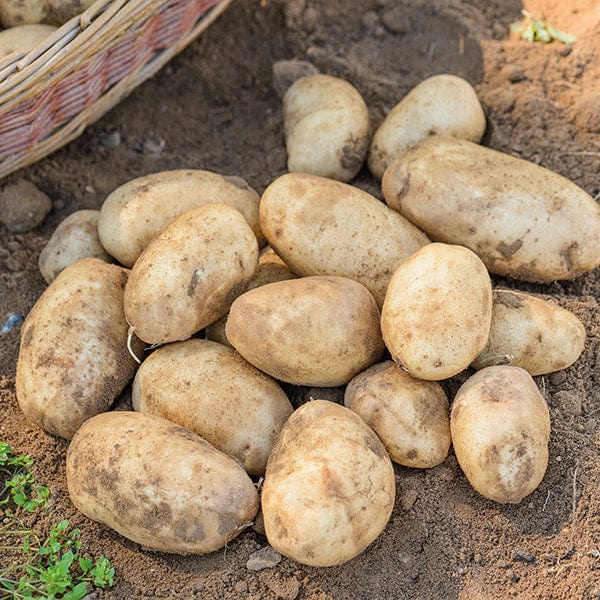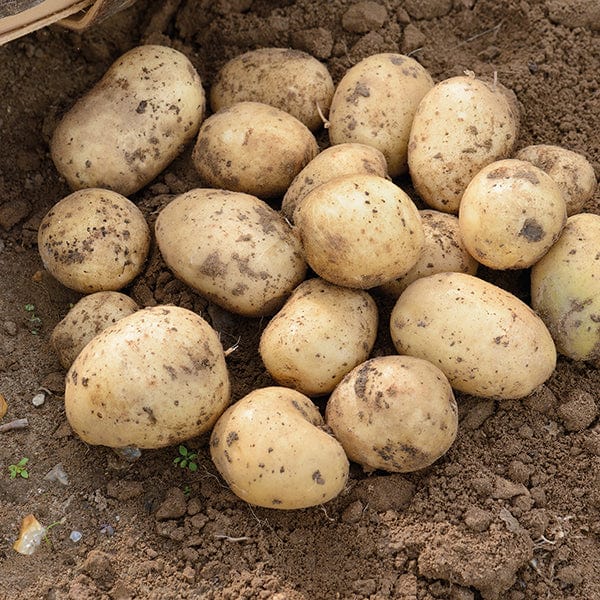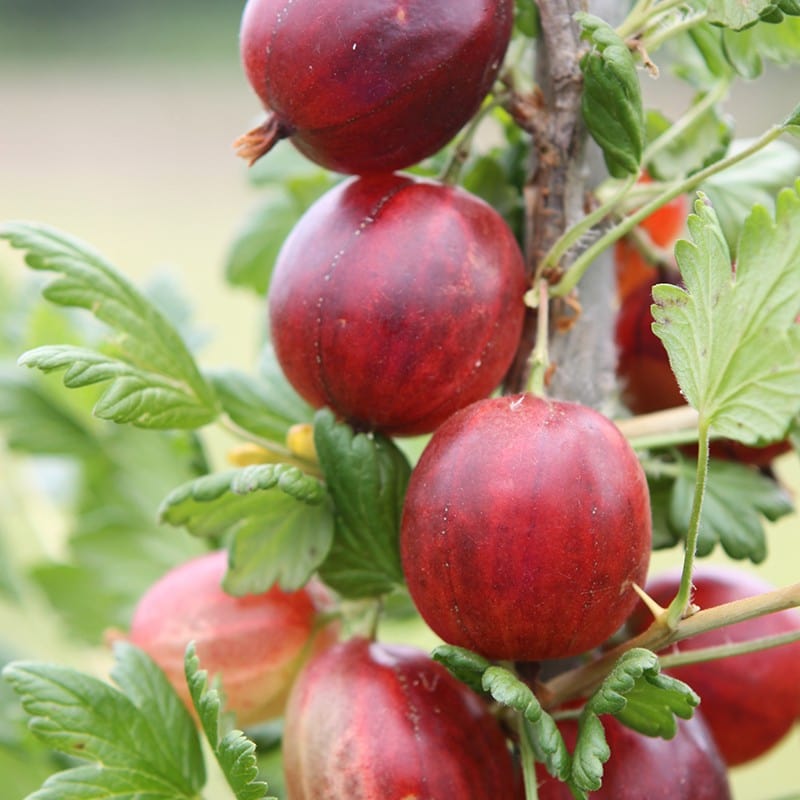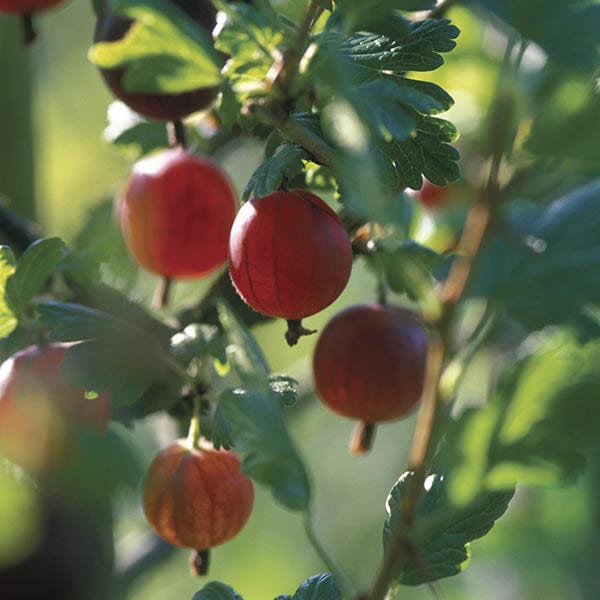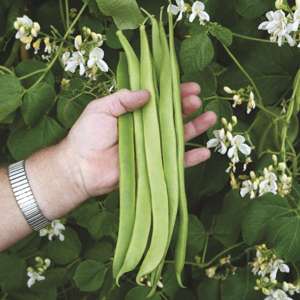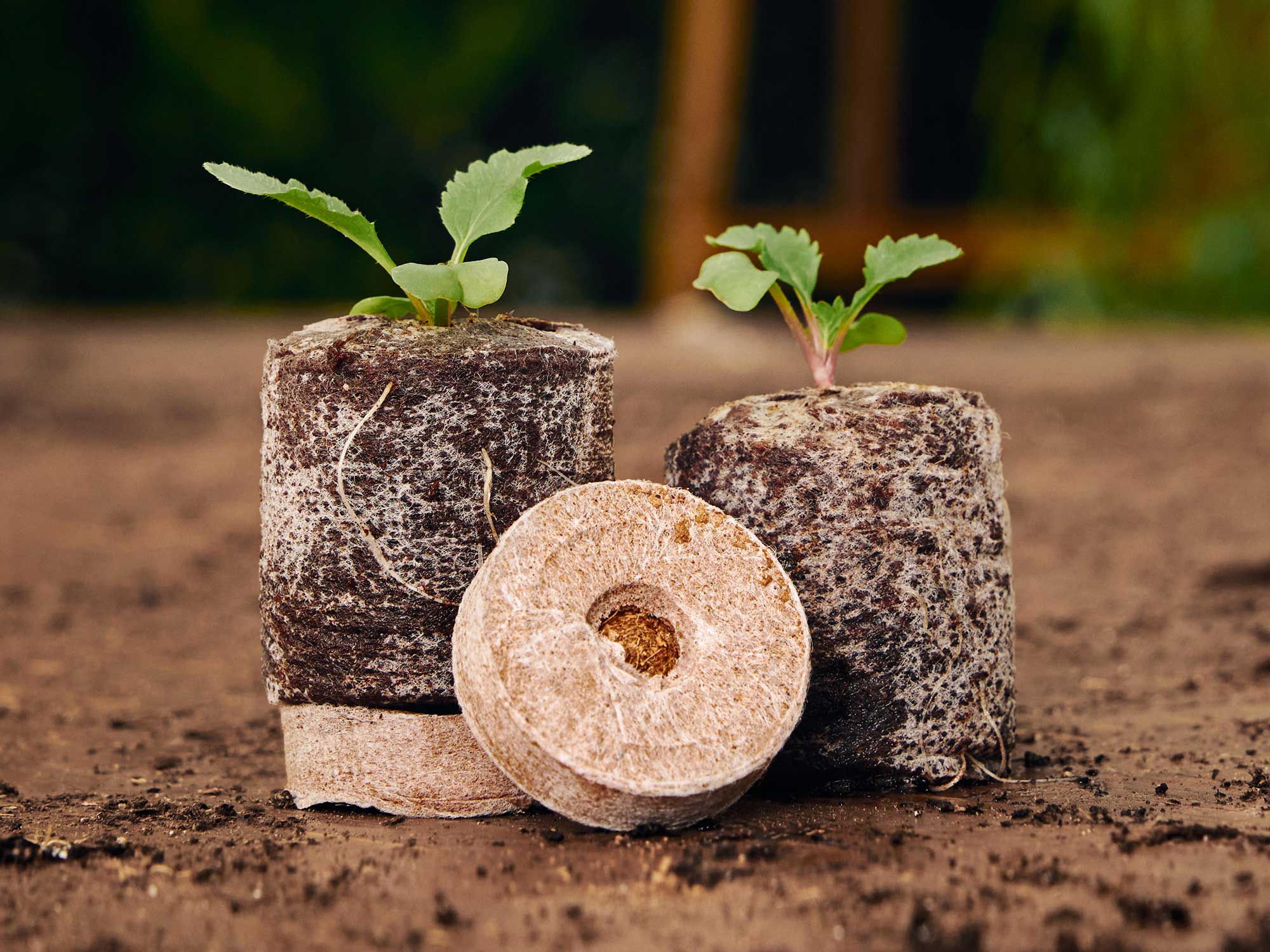It might come as a surprise to you but wood ash can actually be great for your garden! Whether you've recently had a bonfire or you like to warm yourself in front of the fireplace or wood burner, then you'll probably have lots of ash to put to use in your garden. Getting rid of it can be a bit of a nuisance, so why not make use of this valuable source of nutrients? With such a great resource for the garden at your disposal, why let it go to waste?
What’s in Wood Ash?
Wood ash is naturally high in potassium, which encourages flowering and fruiting. It also contains phosphorus as well as a catalogue of micronutrients including manganese, iron, zinc and calcium.
Younger wood, such as twiggy prunings, produces ash with a higher concentration of nutrients than older wood. Similarly, ashes from hardwoods like oak, maple and beech contain more nutrients than ashes of softwoods.
Ash from lump wood charcoal is also good, but avoid using the ash from coal or treated timber, which could harm your soil and plants.
Wood Ash in Compost
Wood ash is alkaline, so applying it to compost heaps helps to balance the tendency of compost to be more acidic. It also creates better conditions for composting worms, which will speed up decomposition. Compost that's less acidic is perfect for mulching around vegetable plants. Add wood ash little and often in thin layers - a few handfuls or one shovelful every 6in (15cm) of material is fine.
Wood Ash on Soil
Wood ash can also play a useful role in correcting overly acidic soil. Most vegetables need a pH of around 6.5 to 7.0, so if your soil's below 6.5 sprinkle wood ash over the surface then rake or fork it in. If you don’t know your soil’s pH, we recommend testing it with our pH soil test!
Wood ash is especially useful if you use lots of cattle manure in your garden, as this type of manure is particularly acidic.
Wood ash is approximately half as effective as lime in neutralising acid. As a general rule, apply about 2 ounces of ash to every square yard (50-70g per square metre). Do this on a still day in winter, and wear gloves to protect your hands.
Which Plants Like Wood Ashes
So, which plants like wood ashes? Let’s get into it. You can use the alkalinity of wood ash to improve soil for brassicas such as cabbage seeds and Brussels sprouts seeds. This is a great way to prevent club root - a common disease when the soil's too acidic.
Apply it the winter before planting, or as a side dressing around actively growing plants. Its high potash content means that wood ash is ideal to use around most fruit plants including currant bushes and gooseberry plants, where it also helps wood to ripen, thereby improving hardiness, disease resistance and productivity. In fact, mix it into any soil used to grow fruiting vegetables, especially tomatoes.
What Plants Don't Like Wood Ash?
Due to its alkalinity, wood ash shouldn't be used around acid-loving plants such as blueberry plants and, to a lesser extent, raspberry plants. Avoid it coming into contact with seedlings too. Just make sure that you don't apply it to areas used to grow seed potatoes as alkaline soil encourages potato scab.
You'd need to add lots of wood ash to make your soil too alkaline for most crops, but for peace of mind retest your soil's pH every couple of years to check it doesn't go above 7.5.
How to Store Wood Ash
If you want to make the most out of your wood ash, you’re going to need to listen up! It’s important to know that the nutrients wood ash contains are soluble. So with that in mind, you'll need to keep it out of the rain so the nutrients don't wash out. Containers with close-fitting lids are perfect for keeping ash dry until you're finally ready to use it!
Gardening Advice and Essentials from Mr Fothergill’s
We’re excited about planting the seeds of plenty of gardening ideas to help get the whole family involved in your outside space! Gardening is for everyone! So let us help you and the kids blossom into green-thumbed growers as you watch your tiny, tiny seedlings reach their full potential in your very own garden.
Whether you’re keen to create a vibrant playground for bees and butterflies with our range of flower plants or show the little ones just how rewarding it is to watch your vegetable seeds make their way all the way from the ground to the kitchen, Mr Fothergills has got all of your gardening essentials to get you started.
If you have any further questions about wood ash or have any curiosities about any of our products, don’t hesitate to contact us or take a deeper dive into our gardening blog!










